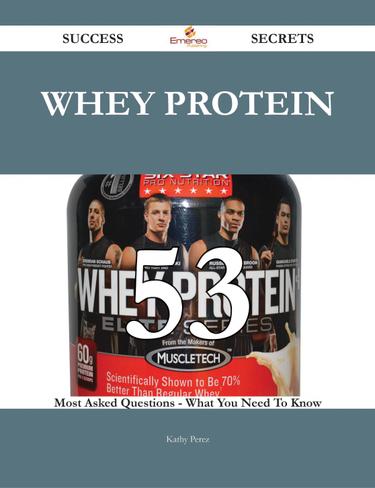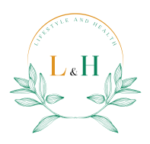As you all know that the building blocks of our lives are a protein that helps in the growth and development of the cell. So to stay healthy and fit, you must incorporate proteins in your diet. Here is a list of the top 10 vegetarian Sources of Protein you can try out to avoid protein deficiency in your body.
Ten Vegetarian Sources of Protein green peas
Filled with fiber and protein, peas are one of the top vegetarian sources of protein. One cup holds 9.7 grams of proteins. It is suggested that 46 grams of protein are good for women per day, and for men, it is about 56 grams. If you don’t want to have peas for a side dish, try to blend them into a pesto.
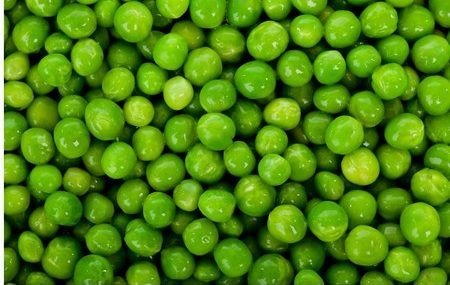
Spinach
Spinach is rich in protein and is a green leafy vegetable you can enjoy by incorporating it into your diet. One cup of spinach contains 5 grams of protein, which is equal to a hard-boiled egg. Instead of consuming it raw, you can steam the spinach to increase its nutritional value.

Quinoa
Per cup contains more than 8 grams of protein along with other essential amino acids, which are essential for our body’s needs to grow and repair. It is a Gluten-free seed-like particle that is an excellent source of magnesium, protein, fiber, and antioxidants. You can cook it or even bake it.

You may also like
Symptoms of Protein Deficiency
6 Side Effects Of Low Protein Diet
Health Benefits Of Plant-Based Proteins
Chia Seeds
Chia seed contains 5 grams of protein (about two tablespoons) and is great to incorporate into foods. You can also sprinkle it over salads, add in oatmeal or yogurt or mix it into smoothies. It will fill your stomach and the consumption of calories will be less as well.
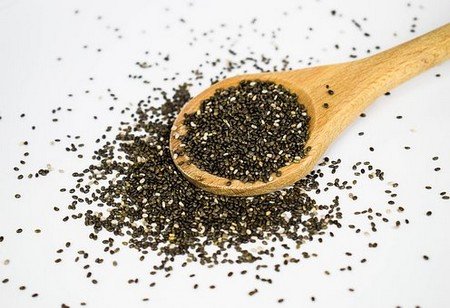
Beans
The half-cup contains 7-10 grams of protein. Beans rich in nutrients and proteins are beneficial for your brain, heart, and muscles. There are different kinds of bean-like white, black, and heirloom pinto but one thing is common in all and that is the amount of protein they contain which is huge.
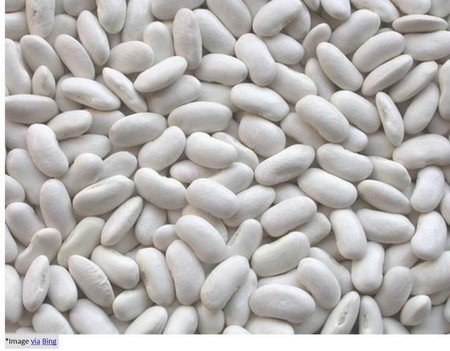
Hemp
Hemp is also one of the top vegetarian sources of protein. 3 tablespoons of hemp seeds contain 10 grams of protein. It provides all the vital amino acids, which the body can’t produce to shape your muscle and generate more protein. Also, the fatty acids in hemp milk and even in the seeds help in enhancing your immune power and are extremely sustainable.
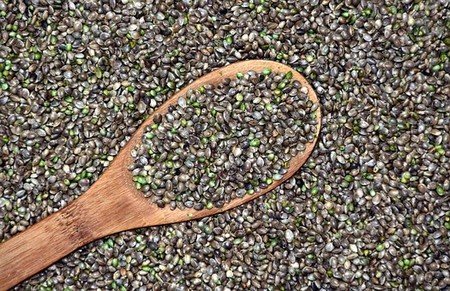
Edamame
Edamame is rich in protein, fiber, and antioxidants. It is the fresh green soybean and it tastes yummy! Boiled edamame holds 8.4 grams of protein per 1/2 cup. You can blend it with soups, salads, soba noodles, burgers, and many more.
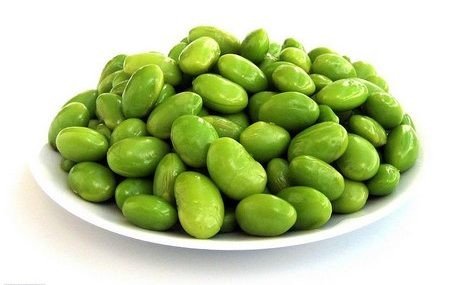
Tempeh
Foods prepared from soybeans are also good vegetarian sources of protein and Tempeh is one of them. It is a form of soy (fermented form) and is rich. It contains about 15 grams of protein per half-cup and gets digested easily. Similarly, there is one more food named Tofu whose properties are quite similar to Tempeh.
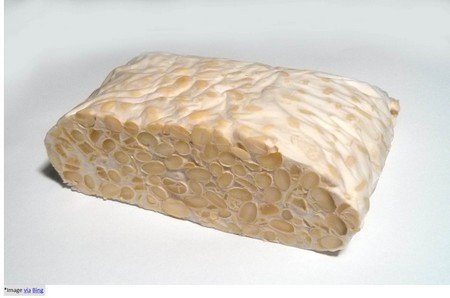
Nuts
Nuts such as walnuts, almonds, pistachios, and cashews are not only rich in Vitamin E and minerals but are protein-rich too. One-fourth cup of nuts contains around 7-9 grams of protein. You can have it as a snack or add them to salads or any diet to enhance the protein content in your body.
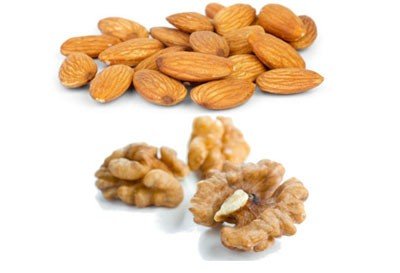
Spirulina

Organic Spirulina Powder 150g 150g
Spirulina is amazingly protein-rich and one of the good sources of plant-based protein. The protein content in Spirulina is about 65 – 71 percent. Along with protein, it is a brilliant source of essential minerals and amino acids that are easily adapted by your body. So just 2 tablespoons of spirulina to increase the level of protein in your diet.
